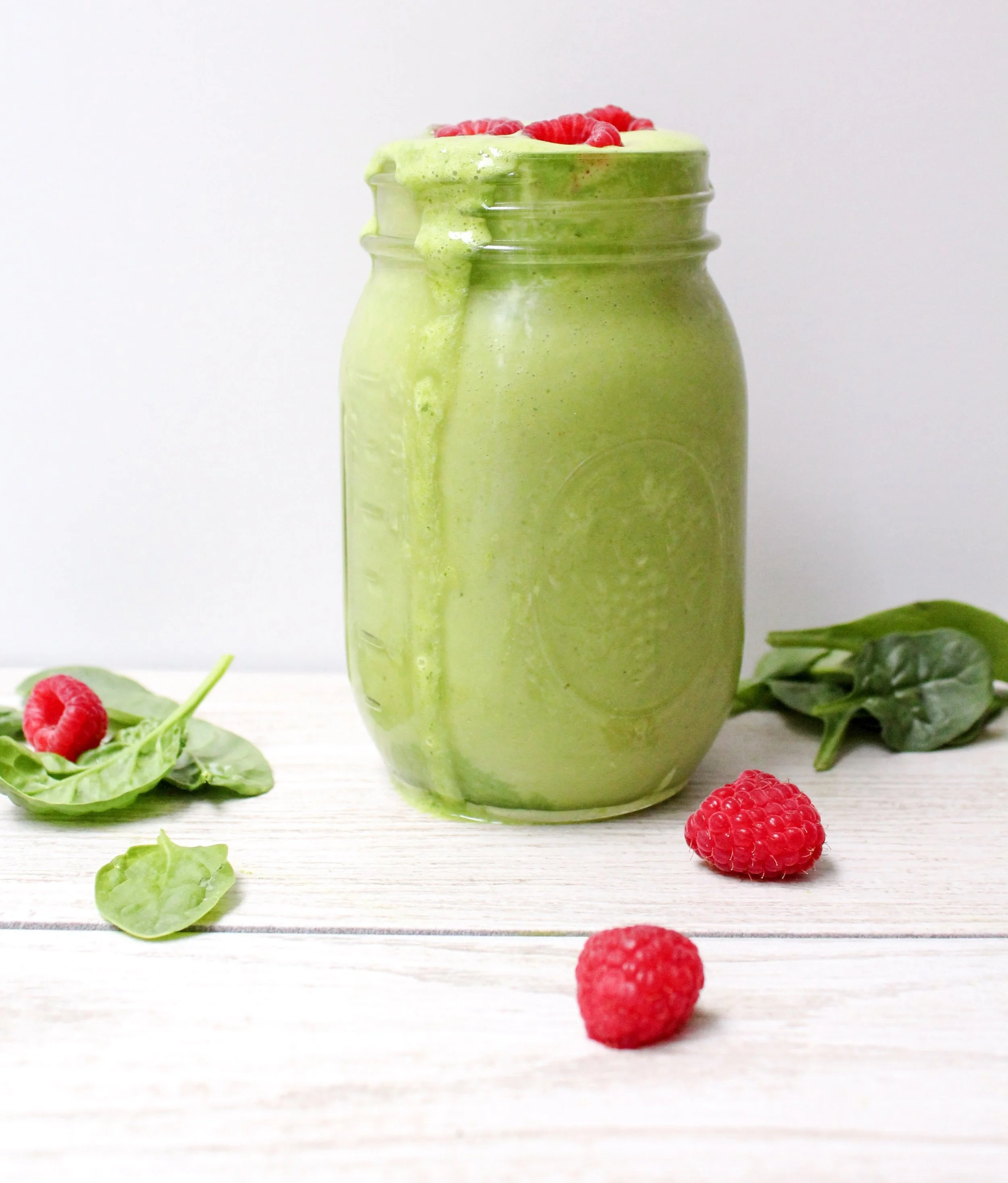9 Plant-Based Proteins
While all three macronutrients—fats, carbohydrates, and protein—are equally important and essential to our health, there’s one that seems to get all the love: protein. Food products boast of their high-protein content, endless articles promote the ways you can add more protein into your diet, and a wide variety of drinks and powders are now available to help you increase your intake.
Is there merit for this protein obsession? The Recommended Daily Allowance (RDA) for protein is 0.8 g per kg of body weight, which means a 150 pound (68 kg) individual should have at least 54 grams of protein per day to meet their needs. Optimal protein intake can range between 10-35 percent of daily calories depending on age, gender, and activity level. Still, most Americans get plenty of protein. Outside of overall malnutrition, there’s very rarely an incidence of protein deficiency.
Nevertheless, there is a lot of buzz surrounding protein due to its many important uses and beneficial effects. Protein is essential for healthy bones, skin, hair and nails and is important for building and maintaining muscle. It also helps increase satiety and reduce hunger, so spreading out your daily protein intake amongst all your meals and snacks will help boost satisfaction and stave off cravings.
If you’re looking to eat more plant-based this year but still want to make sure you’re getting plenty of quality protein, then consider incorporating these nine plant-based proteins into your diet. Not only do they pack in tons of protein, but they also provide numerous essential and beneficial nutrients. Check out the list for a quick overview of their protein content, other key nutrients, and ways you can add them to your diet.
9 Plant-Based Proteins
Tofu (and other soy products)
1 cup = 20 g protein
Manganese, calcium, selenium, magnesium, iron
Buy flavored or season your own; add to salads, sandwiches, or stir fries
Hemp Seeds
3 tbsp = 10 g protein
Healthy fats, manganese, magnesium, phosphorus, zinc, thiamin, iron
Add to salads, smoothies, oatmeal, yogurt, and baked goods for a boost of protein and omega-3s
Almonds
¼ cup = 6 g protein
Fiber, healthy fats, vitamin E, manganese, magnesium
Grab a handful for a satisfying snack; add to salads for crunchy texture; make your own trail mix
Lentils
¼ cup dry = 9 g protein
Fiber, iron, manganese, phosphorus, potassium, magnesium, zinc, polyphenols (antioxidant properties)
Add to salads, bowls, soups, stews, and curries
Peanut Butter
2 Tbsp = 8 g protein
Healthy fats, manganese, niacin (vitamin B3), magnesium, vitamin E, copper, folate
Pair with fruits & veggies; add to oatmeal, yogurt, toast, baked goods, sauces, smoothies (basically anything in my opinion)
Nutritional Yeast
2 Tbsp = 10 g protein
Great source of B vitamins (B12, B6, niacin, folate, thiamin, riboflavin).
Stir into salad dressings and dips; sprinkle onto grains, greens, and popcorn for a “cheesy” flavor
Chia Seeds
2 Tbsp = 6 g protein
Fiber, healthy fats (omega-3s), magnesium, phosphorus, calcium
Make chia seed pudding; add to salads, oatmeal, yogurt, and smoothies
Whole Grain Bread
1 slice = about 6 g protein
Fiber, B vitamins, zinc, iron, magnesium, manganese
Use with sandwiches; top with avocado, nut butters or yogurt
Quinoa
1 cup cooked = 8 g protein
Iron, manganese, magnesium, phosphorus
Use in grain bowls, veggie burgers, salads, soups, or breakfast porridge








